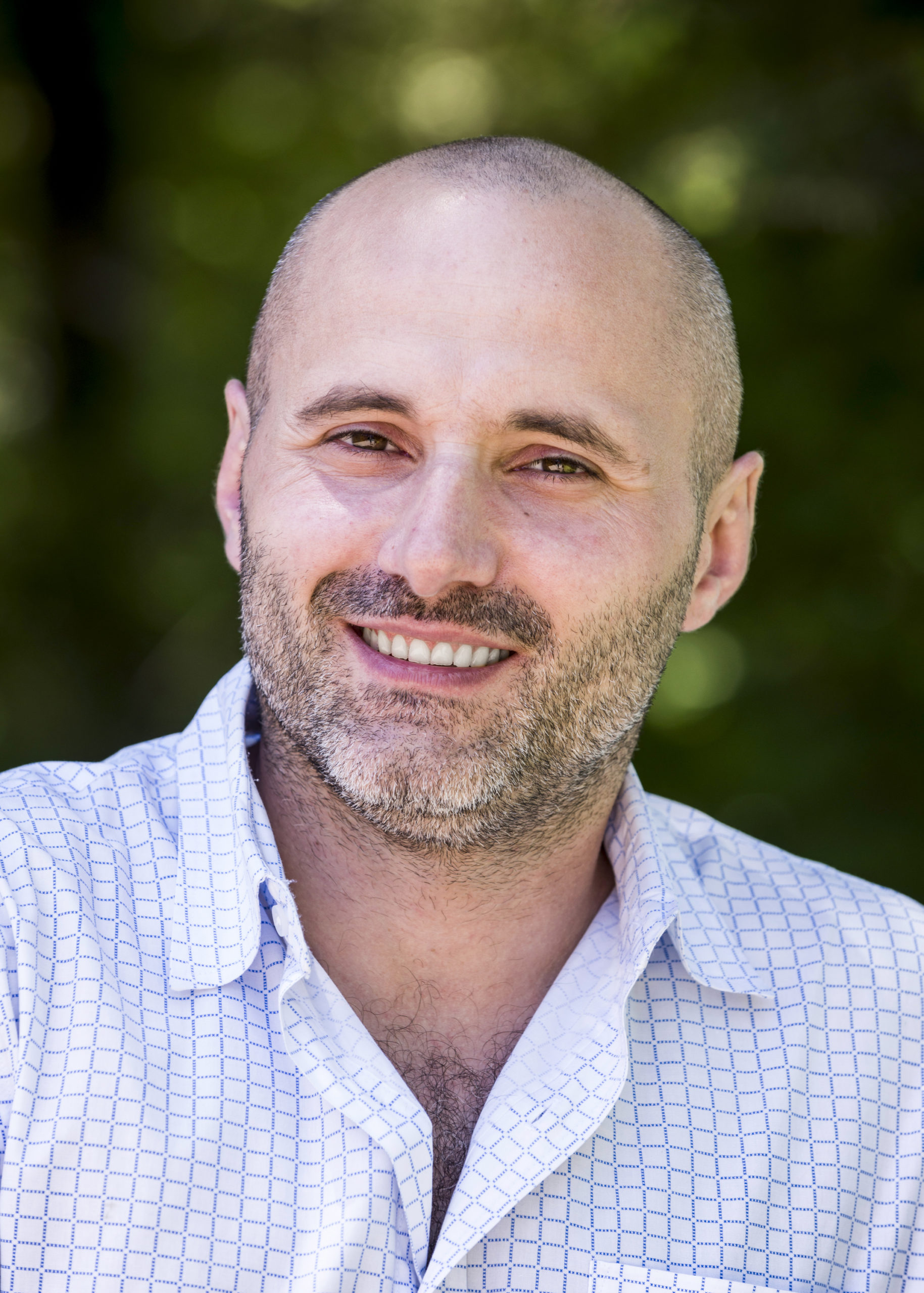As part of my PhD thesis, I did some statistical analysis in which I asked the question: “Do higher social assistance benefit levels lead to higher caseloads?” I have recently updated the data and had it published in a journal. Here’s a short summary of the journal article’s main findings. Nick Falvo is a Calgary-based research consultant with a PhD in Public Policy. He has academic affiliation at both Carleton University and Case Western Reserve University, and is Section Editor of the Canadian Review of Social Policy/Revue canadienne de politique sociale. You can check out his website here: https://nickfalvo.ca/.
Topics:
Nick Falvo considers the following as important: Alberta, BC, budgets, economic models, economic thought, Employment, fiscal federalism, fiscal policy, food, health care, homeless, income, Income distribution, income support, inequality, labour market, Neoliberal Policies, Ontario, Poverty, progressive economic strategies, Role of government, social policy, Unemployment
This could be interesting, too:
Jeremy Smith writes UK workers’ pay over 6 years – just about keeping up with inflation (but one sector does much better…)
Nick Falvo writes Subsidized housing for francophone seniors in minority situations
Ken Houghton writes Just Learn to Code
Nick Falvo writes Homelessness among older persons
As part of my PhD thesis, I did some statistical analysis in which I asked the question: “Do higher social assistance benefit levels lead to higher caseloads?”
I have recently updated the data and had it published in a journal.
Here’s a short summary of the journal article’s main findings.
Nick Falvo is a Calgary-based research consultant with a PhD in Public Policy. He has academic affiliation at both Carleton University and Case Western Reserve University, and is Section Editor of the Canadian Review of Social Policy/Revue canadienne de politique sociale. You can check out his website here: https://nickfalvo.ca/.

